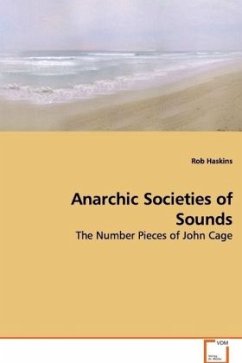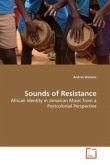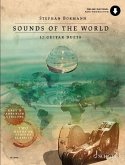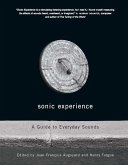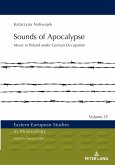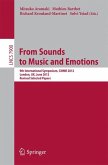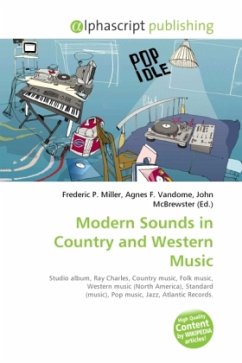John Cage (1912--1992) is probably best known for
works that challenge the fundamental definition of
music---for example, his groundbreaking 4'33". In the
last six years of his life, however, Cage wrote 48
compositions now known as the Number Pieces---works,
usually scored for conventional Western instruments,
that often contained precisely defined pitches. Each
performer in one of these pieces performs his or her
music in a strict order, but the actual start- and
stop-times for each musical event vary because of
Cage's notational system called "time brackets."
While the time-bracket system ensured that the total
time for a performance would always remain the same,
it allowed sufficient flexibility to the performers
in the spirit of Cage s indeterminate aesthetic---
the brackets made the music became, in his
words, "earthquake proof." This book offers an
overview of the series, an exploration of
sources and compositional process, an analytical
discussion of selected works, a contextual inquiry
into the works with respect to Cage's interests in
American anarchistic traditions, and a concluding
discussion that considers aspects of reception and
historiography.
works that challenge the fundamental definition of
music---for example, his groundbreaking 4'33". In the
last six years of his life, however, Cage wrote 48
compositions now known as the Number Pieces---works,
usually scored for conventional Western instruments,
that often contained precisely defined pitches. Each
performer in one of these pieces performs his or her
music in a strict order, but the actual start- and
stop-times for each musical event vary because of
Cage's notational system called "time brackets."
While the time-bracket system ensured that the total
time for a performance would always remain the same,
it allowed sufficient flexibility to the performers
in the spirit of Cage s indeterminate aesthetic---
the brackets made the music became, in his
words, "earthquake proof." This book offers an
overview of the series, an exploration of
sources and compositional process, an analytical
discussion of selected works, a contextual inquiry
into the works with respect to Cage's interests in
American anarchistic traditions, and a concluding
discussion that considers aspects of reception and
historiography.

